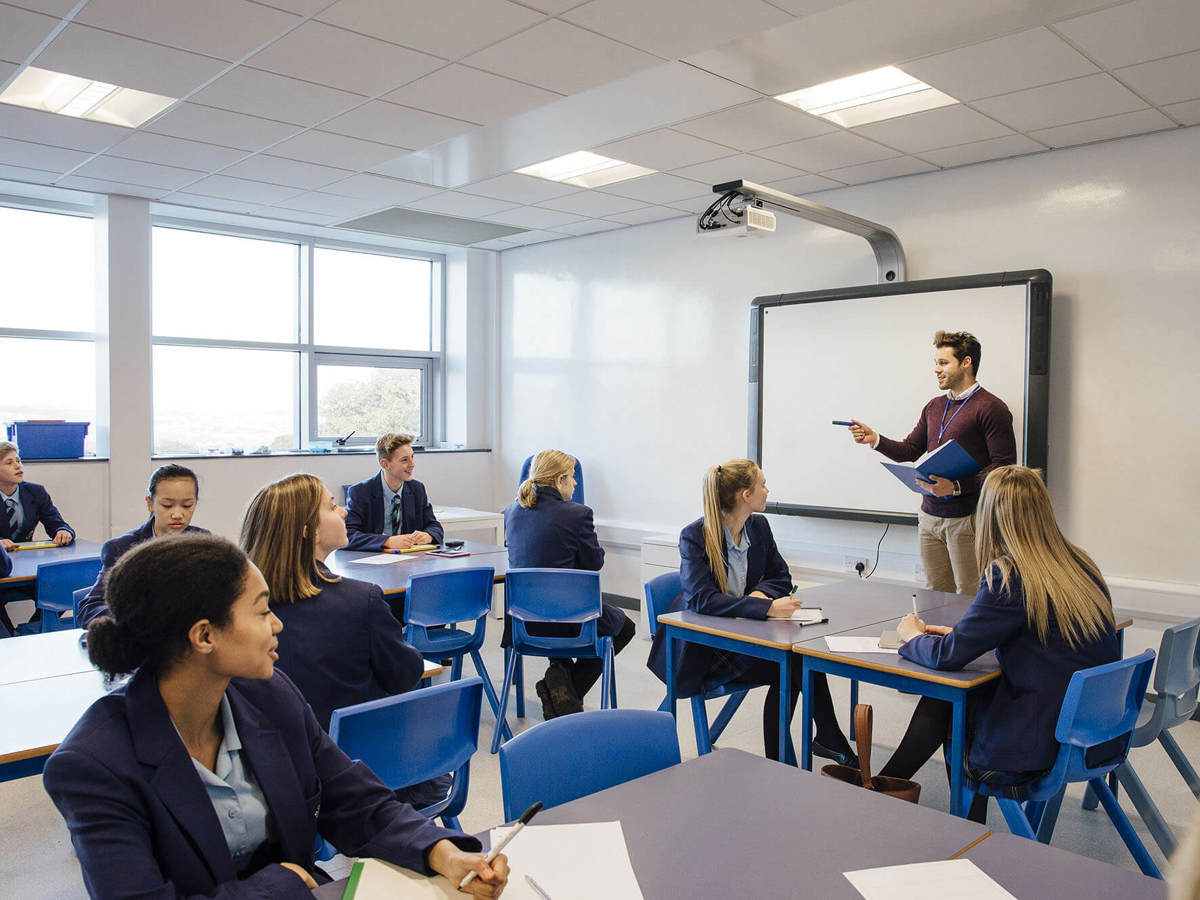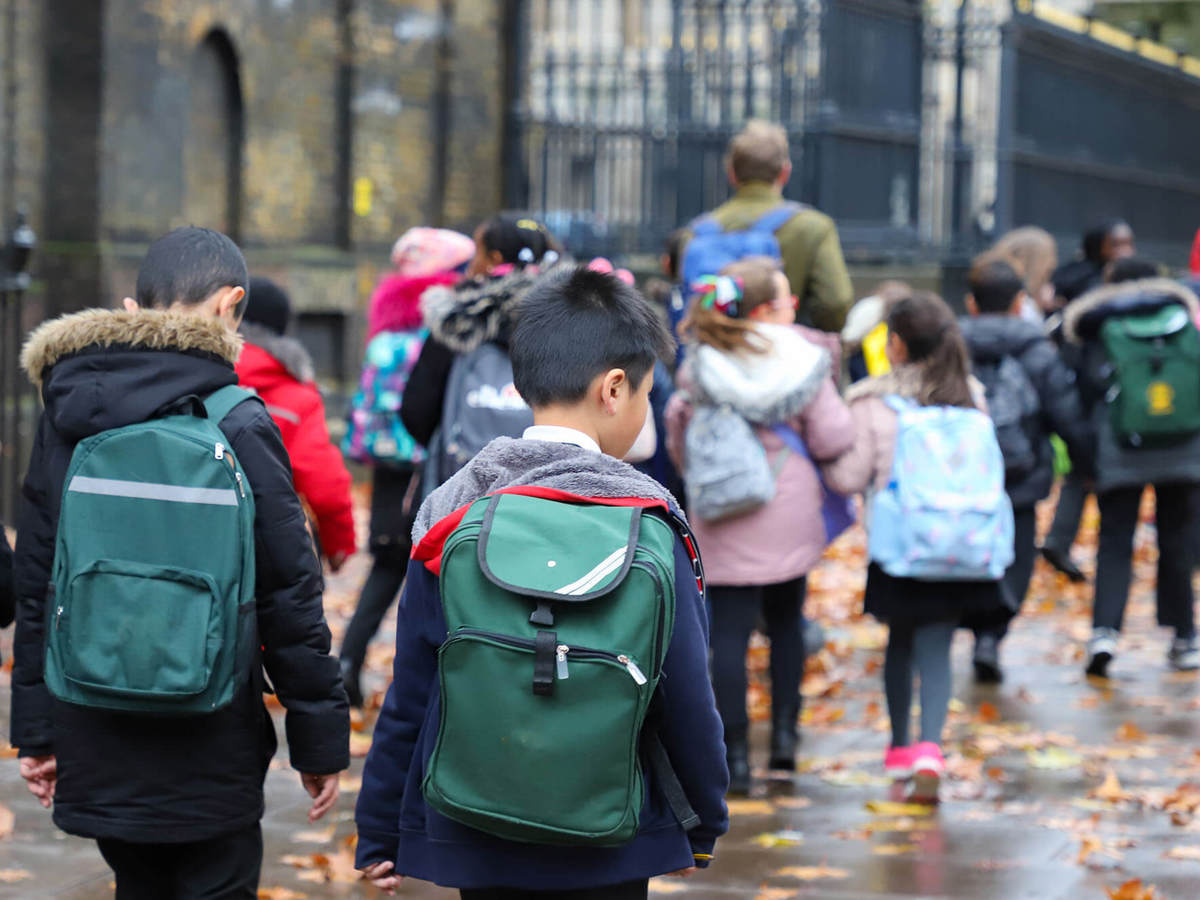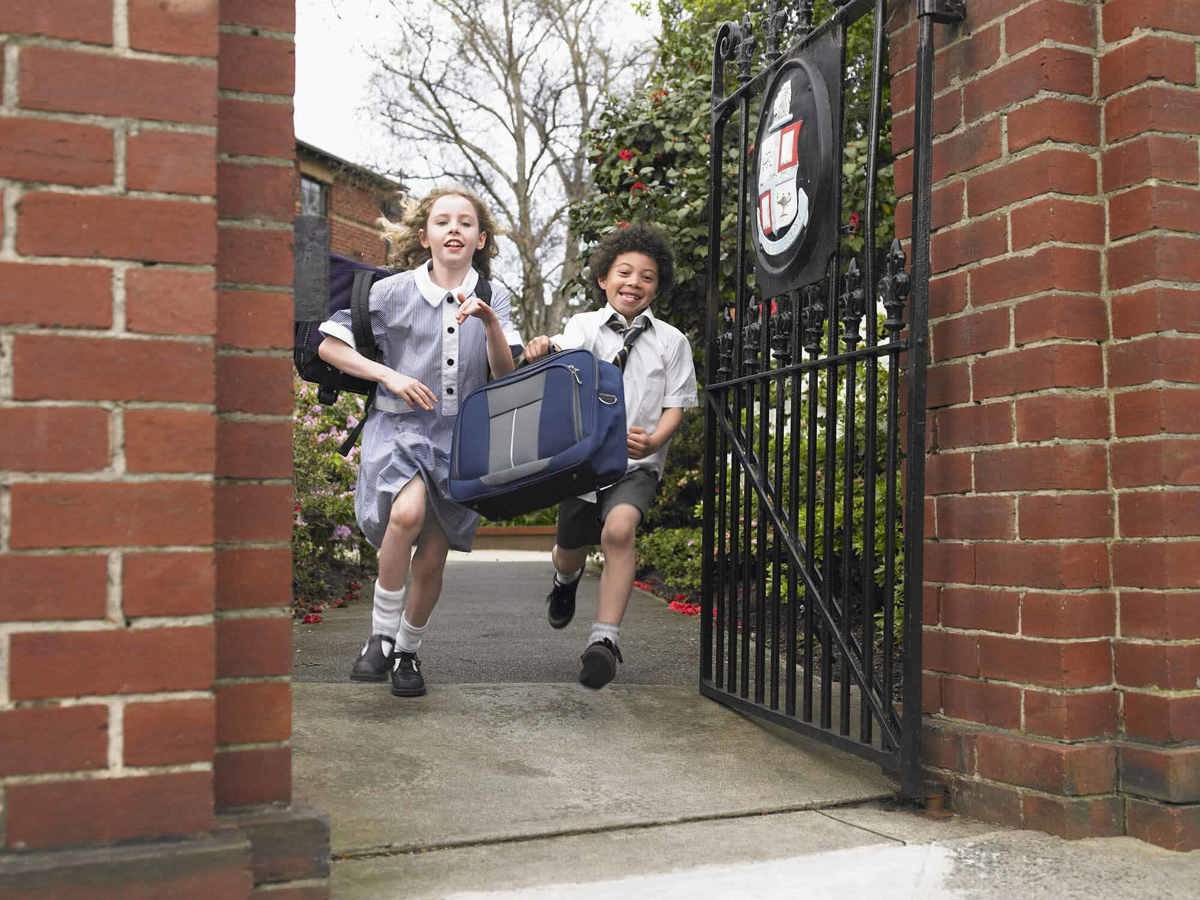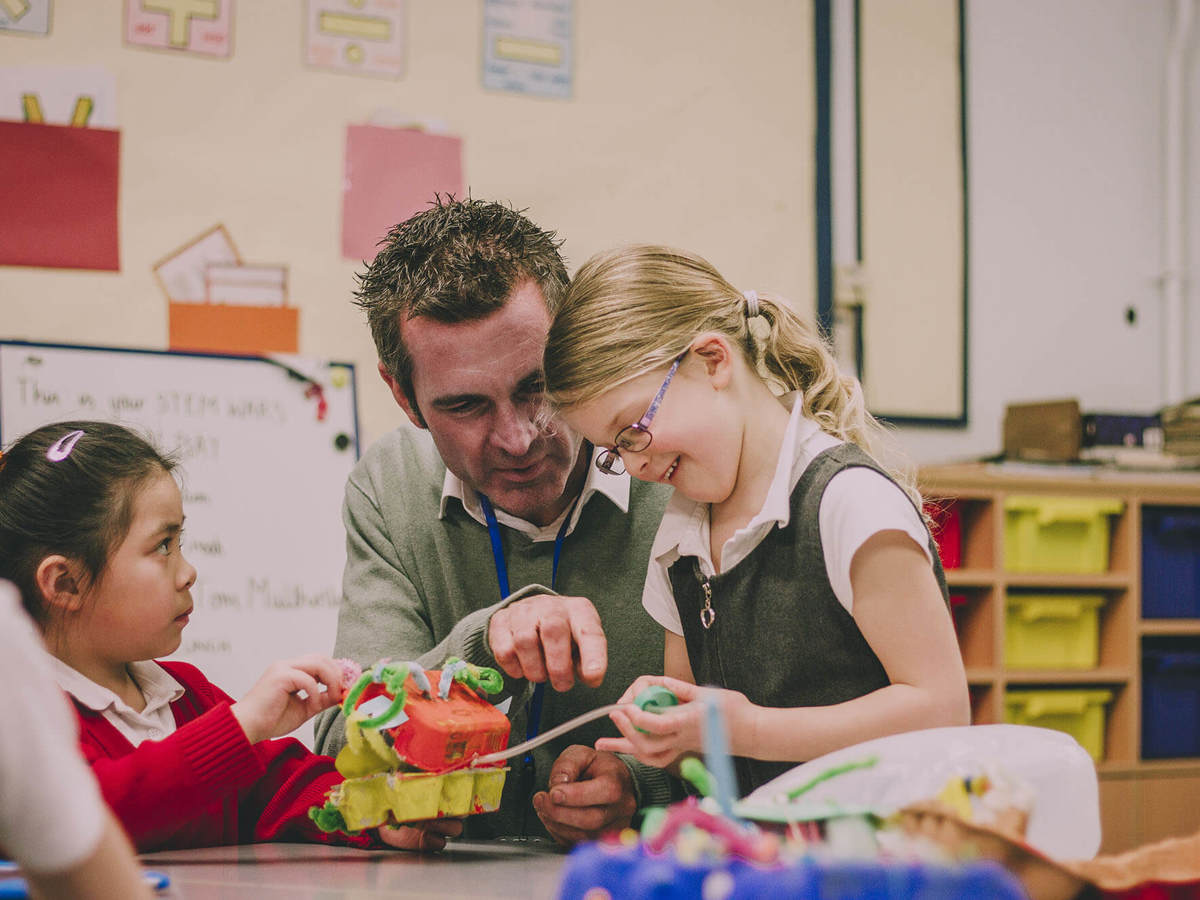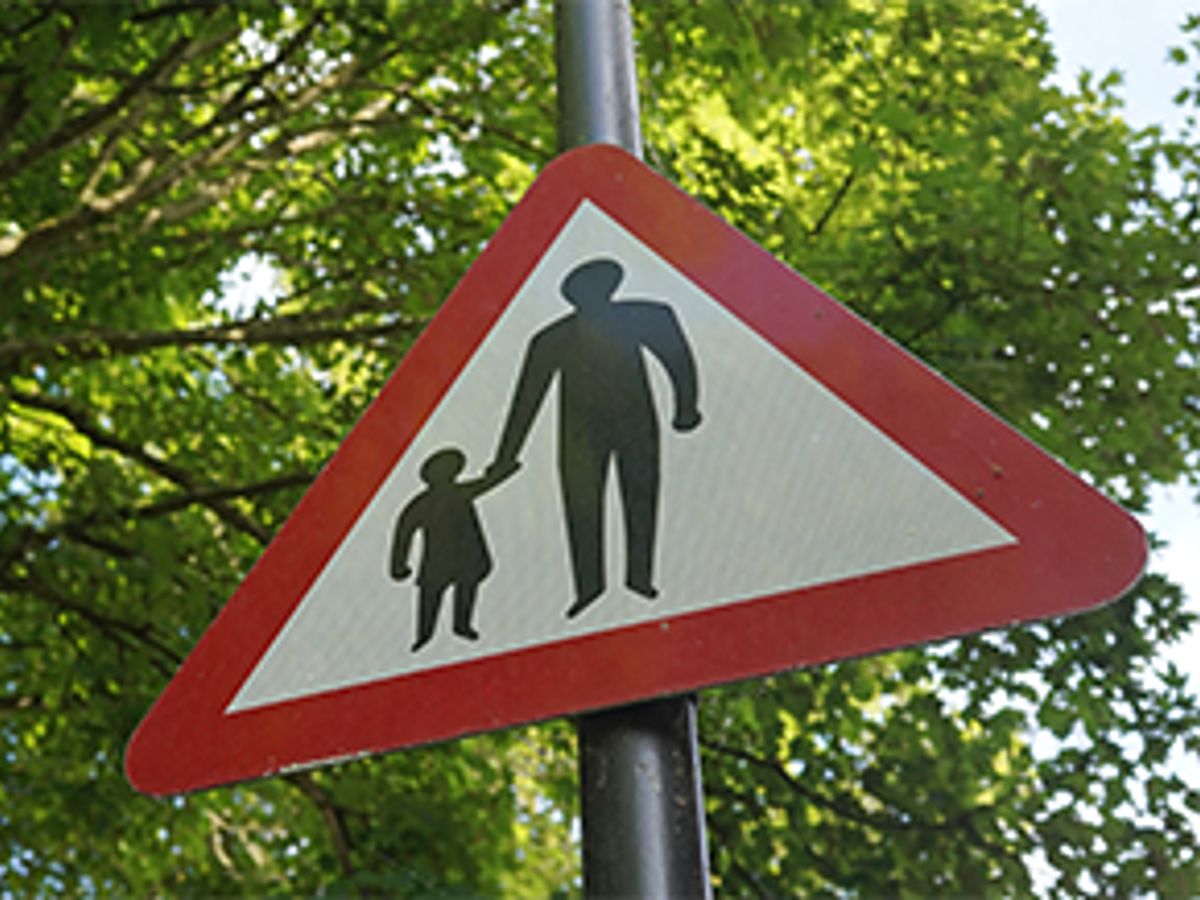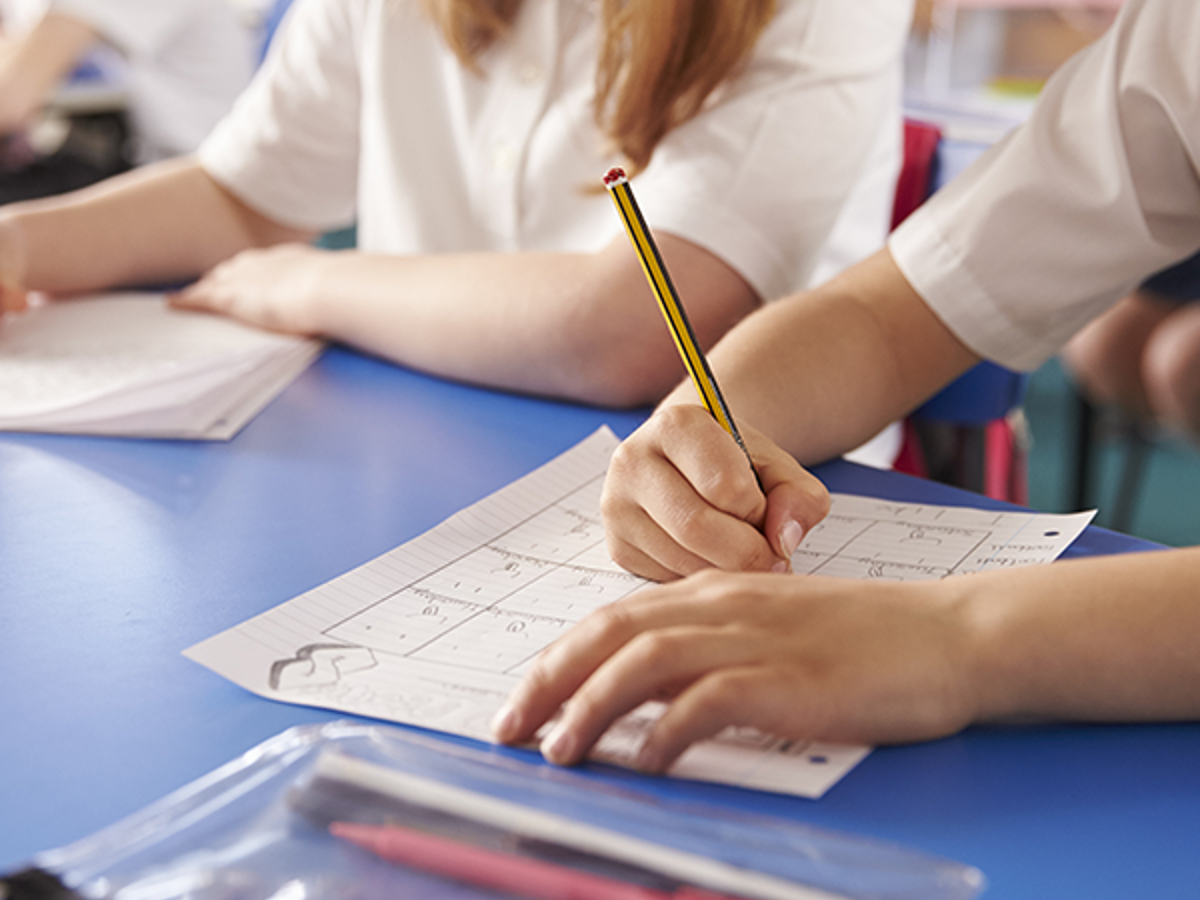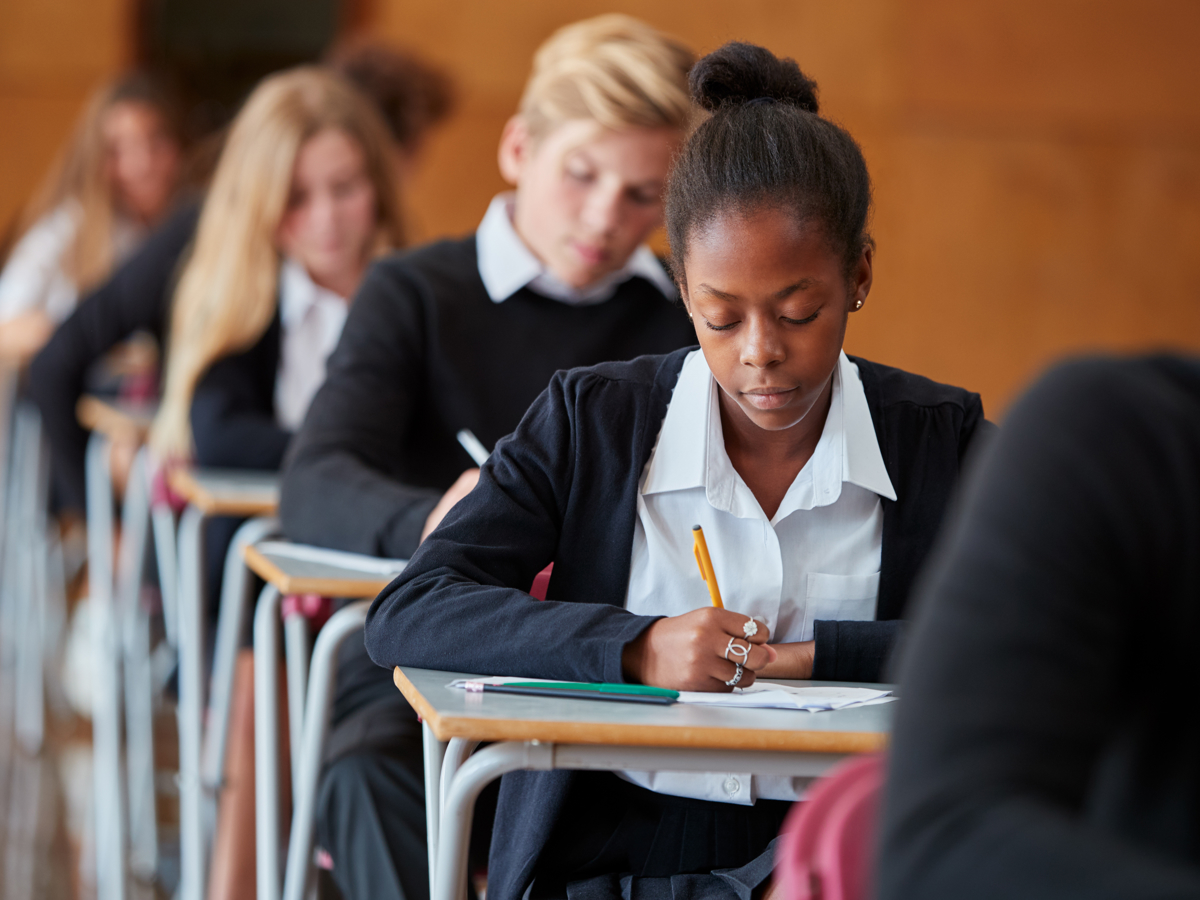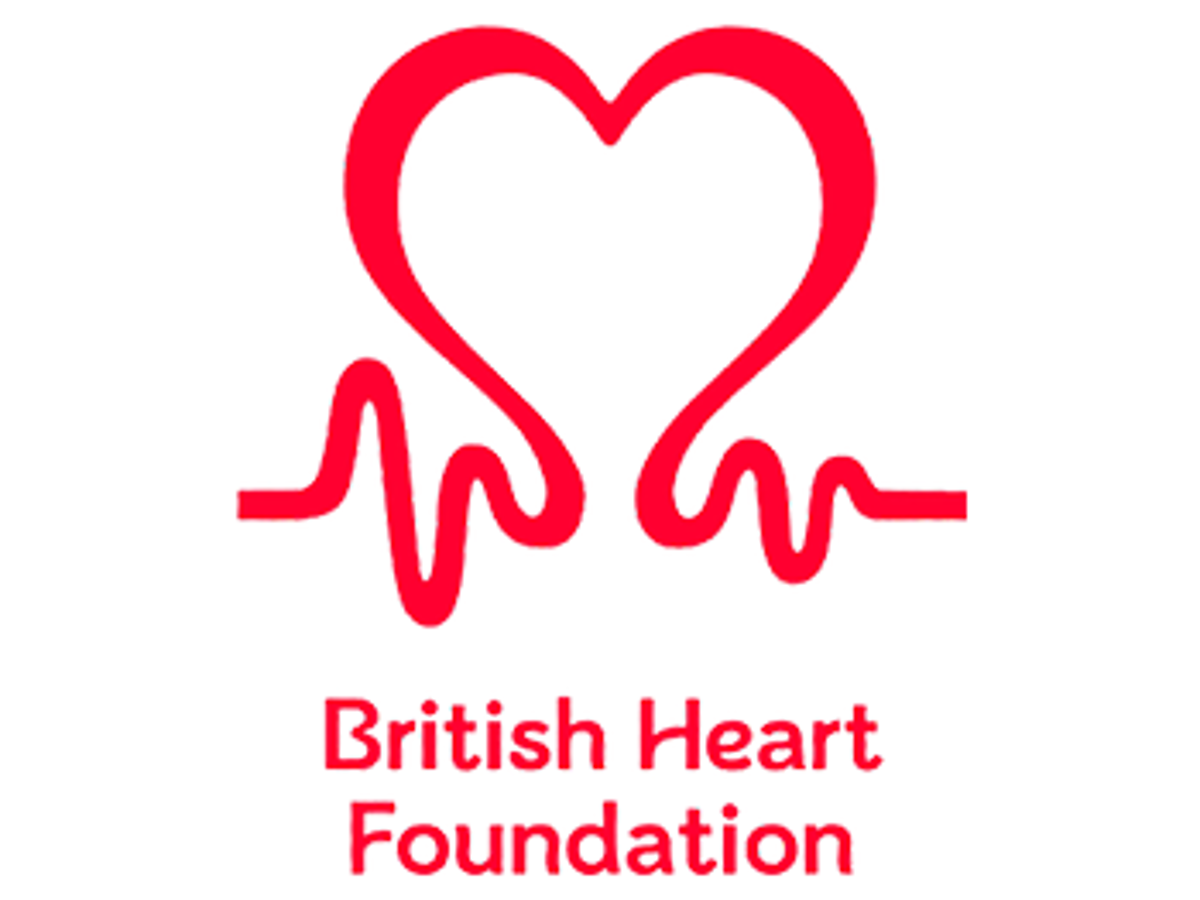Pupil mental health and wellbeing
Understand the board’s responsibilities for supporting mental health and pupil wellbeing and how to monitor this area.

Governing boards have a statutory duty to promote the wellbeing of pupils, including mental health and emotional wellbeing. Mental health and wellbeing influences the physical and social health, attainment, and success of children and young people.
The Department for Education (DfE) and Public Health England (PHE) guidance outlines the school’s role in supporting and promoting mental health and wellbeing:
- Prevention — creating a safe and calm environment where mental health problems are less likely, improving the mental health and wellbeing of the whole school population, and equipping pupils and students to be resilient.
- Identification — recognising emerging issues as early and accurately as possible.
- Early support — helping pupils to access evidence informed early support and interventions.
- Access to specialist support — working effectively with external agencies to provide swift access or referrals to specialist support and treatment.
Our pupil mental health and wellbeing guidance, produced in collaboration with Place2Be, covers:
- the board’s responsibilities for supporting mental health and pupil wellbeing
- the board’s role in supporting a whole school approach to wellbeing
- questions to ask to review and monitor implementation and impact
Tackling disadvantage
Mental health and wellbeing toolkit
NGA has developed a series of toolkits to help schools and trusts identify and tackle educational disadvantage. The series includes a toolkit focused on tackling mental health problems. We recommend you use this guidance in conjunction with the toolkit.

Governing chatters podcast
Making pupil mental wellbeing a priority
In this podcast, Emma Knights, Steve Edmonds and Emma Balchin looked at pupil wellbeing, what do we mean by it and what does the current data tell us. What are the key elements for building a whole school culture that supports pupils and engages them directly?

Related content
-
Guidance
![Pupils-learning teaching secondary school class]()
-
Tools & templates
![school-environment pupils running on field]()
-
Guidance
![Pupils-learning group of pupils in uniform]()
-
Guidance
![school-environment group of pupils out on a trip]()
-
Guidance
![Pupils-learning young pupils running out of their school gates]()
-
Guidance
![people man smiling in front of whiteboard]()
-
Guidance
![school-environment woman walking up flight of stairs]()
-
Guidance
![Pupils-learning class learning in the library around a table]()
-
Guidance
![Man pointing at a word on his document in a meeting with two others]()
-
Tools & templates
![Pupils-learning pupils doing arts and crafts with the teacher]()
-
Guidance
![school-environment unorganised classroom desk]()
-
Guidance
![training group of five looking at notes and phones]()
-
Guidance
![Pupils-learning having packed lunch]()
-
Guidance
![Pupils-learning pupil asking a question in class]()
-
Guidance
![Pupils-learning pupil writing at front of the class]()
-
Training & development
![tools-resources woman at a desk with others using a calculator]()
-
E-learning
![Pupils-learning about electricity and circuits]()
-
E-learning
![]()
-
E-learning
![]()
-
E-learning
![]()
-
E-learning
![Pupils-learning pupil smiling with paint covered hands]() 45 minsPupils & learning
45 minsPupils & learningArts, culture and creativity: improving your school or trust and its curriculum
-
E-learning
![]()
-
E-learning
![]()
-
E-learning
![]()
-
E-learning
![tools-resources woman checking over post it notes and graphs]()
-
E-learning
![]()
-
Blog
![]() Updated: 11/07/2025Safeguarding
Updated: 11/07/2025SafeguardingKeeping Children Safe in Education 2025: What governors and trustees need to know
-
News
![]() Updated: 10/07/2025Latest updates
Updated: 10/07/2025Latest updatesAnnual Governance Survey 2025: School Finances and SEND System at Breaking Point
-
News
![]()
-
Governing Matters
![]()
-
Webinar
![]() 20/05/202512:30 - 13:15Disadvantage: widening the lens
20/05/202512:30 - 13:15Disadvantage: widening the lensLet’s talk about attendance - who’s really accessing education?
-
News
![]()
-
Blog
![a picture of Uk schoolchildren reading outside by a school in summer]()
-
Blog
![]()
-
News
![school-environment empty chairs and desks]() Updated: 05/12/2024Disadvantage: widening the lens
Updated: 05/12/2024Disadvantage: widening the lensEPI report reveals over 300,000 children missing from education
-
Events & networks
![]() 12/11/2024School & trust leaders
12/11/2024School & trust leadersAnnual Seminar: Architects of culture and excellence: How good governance cultivates an exceptional workplace
-
News
![]() Updated: 04/11/2024Wellbeing
Updated: 04/11/2024WellbeingNGA launches Free E-Learning Module on School Food Standards – In Partnership with DfE
-
News
![]()
-
Blog
![]()
-
News
![]()
-
News
![]() Updated: 11/06/2024Latest updates
Updated: 11/06/2024Latest updatesBritish Heart Foundation and NGA working together to help save more lives
-
Webinar
![Calendar]()
